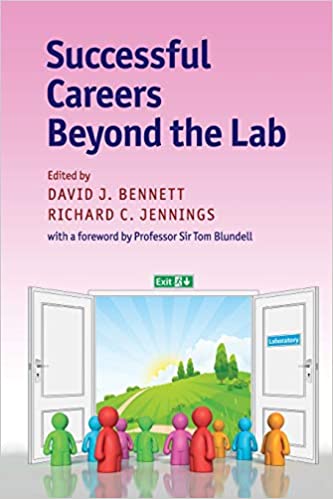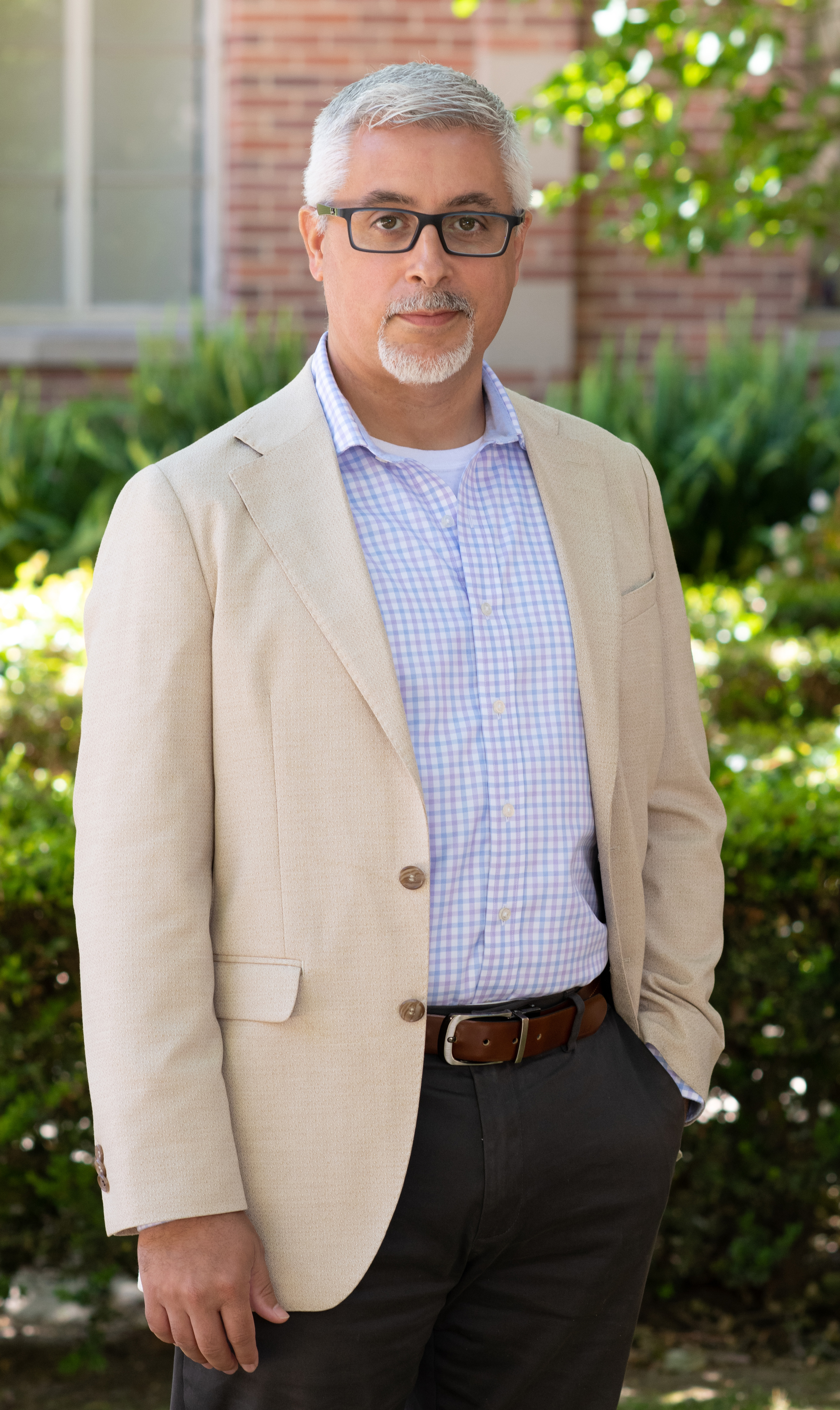 |
Successful Careers Beyond the Lab
Edited by: David J. Bennett & Richard C. Jennings
Cambridge University Press, 2017
ISBN: 978-1-316-61379-5 |
Any science student who loves the subject matter, but who wonders whether a career in a research lab is for them, should read this collection of essays. Although the book is written for a post-doctoral audience, it would nevertheless greatly benefit undergraduates equally as they would be in a better position to strategize their educational plan to align it with their ultimate career goal. A total of 27 autobiographical accounts by as many doctoral recipients who have succeeded outside of academia provide valuable insight into how one manages to find what have been sometimes called "alternative" careers in science. Examples include jobs in the public sector, industry, journalism and the media, science communication, teaching and ethics.
Perhaps to some the advice presented in the book will be too obvious and superficial. After all, it is no secret that being introspective and recognizing one's interests and talents is crucial to be able to land a dream job. But I wonder how many students (especially ones just starting their educational journey) are aware of the significance of networking and serendipity, which are also central themes in this book. Even more significant is the concept of "planned happenstance", which I had never heard myself, but which I immediately recognized as a central player in my own professional journey. In fact, I consider it so critical and fundamental that I will henceforth include it in lectures and workshops that I occasionally teach on career prospects.
In conclusion, given that this is a short collection of individual stories, and which can be read a la carte and in any order, I would highly recommend it to anyone who is unclear on what to do with a science degree. It simply won't take much of your time, but what is gained can be surprisingly valuable. Just one last note for my American readership- be aware that the career accounts in this book are all written for a British audience, so many of the details won't apply to the US. However, the overarching themes and career advice are universal, which is why in the end I find this book so useful to anyone.
